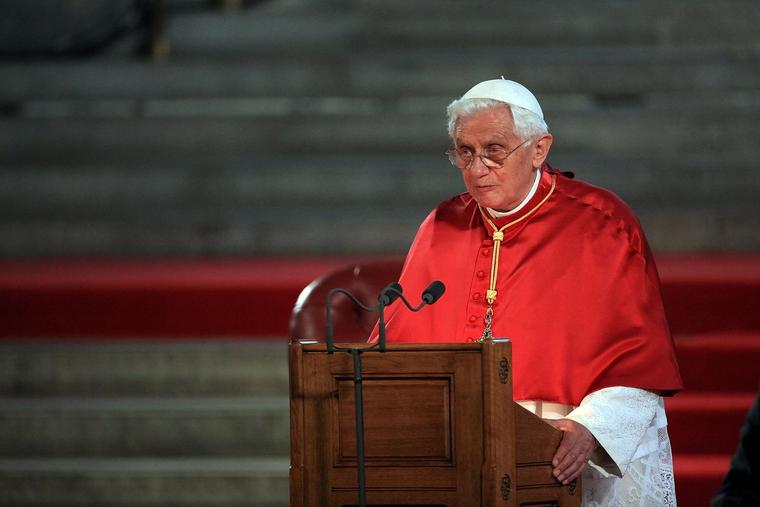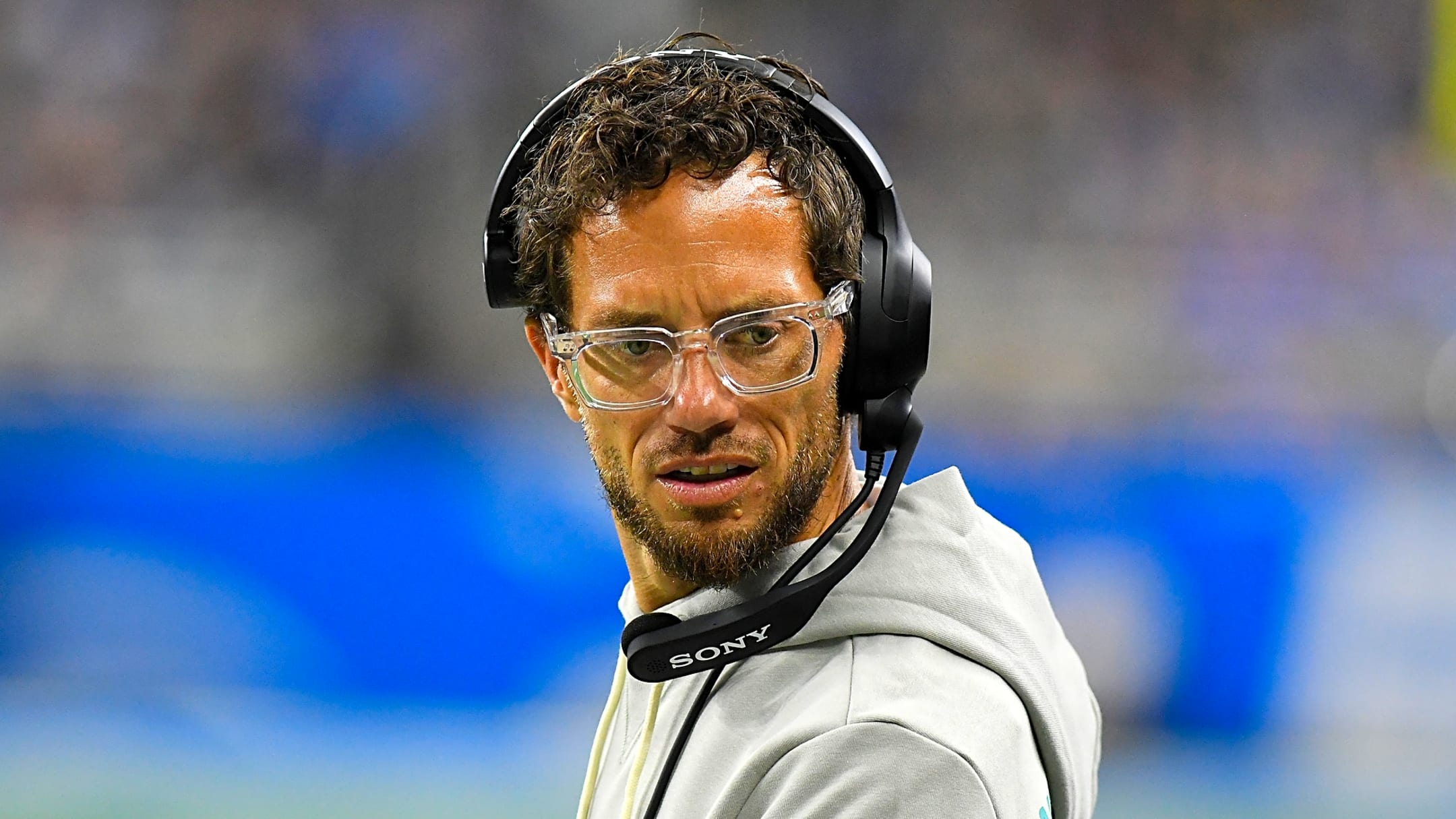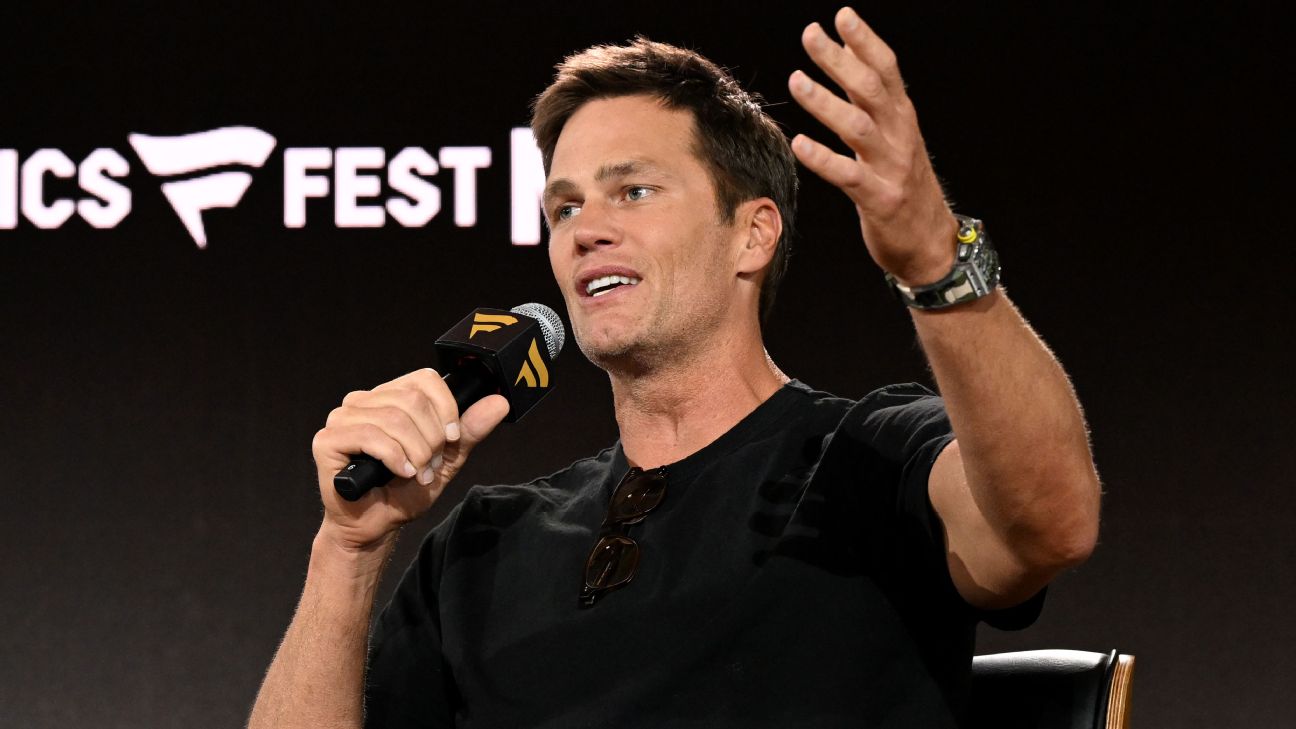By Daniel B. Gallagher
Copyright ncregister

The question is as old as Christianity itself.
Is it reasonable to believe that a man named Jesus is the Son of God who, fully divine himself and without forsaking his divinity, was born of a Virgin, died, rose and ascended into heaven? Is it reasonable to believe that the one God, undivided, is three persons — Father, Son and Holy Spirit?
Or are these truths an affront to reason? Must we set aside our rational faculty to embrace them?
Attempts to address this question abound through the centuries. Some attempts do not receive the attention they should. So, I was pleased to see Stephen P. White revisit Pope Benedict XVI’s visit to the United Kingdom in September 2010, where, in Westminster Hall, the Holy Father not only offered one of the freshest and finely articulated responses to the question, but actually turned it on its head.
Though 15 years have passed, the memories I have of working with an outstanding team at the Secretariat of State to prepare for that visit to the UK remain fresh in my mind. We had the privilege of working for a Pope who had dedicated his life to pursuing theological wisdom and engaging in continual dialogue with the Church and the world as a university professor, prefect of the Congregation for the Doctrine of the Faith, and successor to St. Peter.
Although I used to lament that Joseph Ratzinger was not given the opportunity to immerse himself in full-time scholarship, now, more than a decade after his resignation and three years after his death, I have a greater appreciation for how each phase of his extraordinary life formed his thinking and imbued him with a wisdom he would not have otherwise attained.
His address at Westminster Hall attests to that. It exemplifies an innovative strategy that not even St. John Paul II fully employed.
What was that strategy?
Quite simply, it was to flip the question around. Rather than ask whether faith is reasonable, why not ask whether Europe and her legacy are reasonable without Christianity? Why not ask whether political institutions rooted in the “Western tradition,” broadly speaking, are comprehensible apart from the distinctive marks left on them by Christian Revelation and faith?
With Joseph Ratzinger, we had plenty of material to work with from his previous intellectual pursuits. They are too numerous to list, but let me mention his 2004 dialogue with philosopher Jürgen Habermas in which, among other points, Ratzinger expressed reservations with Habermas’ position that interpersonal communication alone is a sufficient ground for reason’s attainment of truth.
Ratzinger agreed with Habermas that there is such a ground, but he argued that human reason, because of its inherent limits (even within interpersonal communication), cannot be the ultimate ground of its own certainty. In his estimation, this is precisely what led Christianity to view itself as the religion of reason or “logos” and to develop a theology of the Logos.
That may sound esoteric, but as Benedict demonstrated at Westminster Hall, it’s not. It has real consequences in the political realm.
The first is that the limits of truth attainable through human interpersonal communication justify limited government. They likewise legitimize oppositional stands toward government, such as St. Thomas More’s refusal to take the Oath of Supremacy.
To quote White quoting Benedict, “If the moral principles underpinning the democratic process are themselves determined by nothing more solid than social consensus, then the fragility of the process becomes all too evident — herein lies the real challenge for democracy.”
As I’ve noted elsewhere, Pope Leo XIV has begun to re-emphasize the importance of limited government in his public addresses, and he is doing so in a way reminiscent of Benedict XVI.
To make this argument, Benedict had to turn another common misconception on its head. Namely, natural law is too often seen as only a stepping stone to divine Revelation. It’s too easily prescinded from its divine source. In other words, it’s not only that natural law can open up a horizon for Revelation, but Revelation itself opens up a horizon of understanding into the natural law.
I have several Catholic intellectual friends who are uncomfortable with the latter because they are afraid that it will either mitigate the persuasive power of the natural law in public discourse or they fear it will give way to integralism, the idea that the spiritual and temporal need to be fully integrated in political structures.
That is not what Benedict XVI thought at all. He thought that human dignity, free speech and other fundamental human rights, though accessible to human reason apart from Revelation, are not disclosed in their full meaning until enlightened by Revelation. White’s explanation of Benedict’s speech brings this out well:
(Benedict) went on to argue that the Catholic tradition holds that ‘objective norms governing right action are accessible to reason, prescinding from the content of Revelation.’ Accordingly, the Church’s role is not to dictate those norms to the political community as though they might be derived from no other source, but to ‘purify’ and ‘shed light upon’ the way reasoned debate ought to pursue, discover, and apply objective moral principles. Religion plays a ‘corrective role’ in the pursuits of reason.
If you listen closely to Benedict, you can hear him constructing a cogent argument for the ineluctable role of religion in public discourse. Within the Secretariat of State, we worked assiduously to corroborate that argument, an argument that comes to fuller light if the Westminster address is read together with the so-called “Regensburg Address” (2006) and the “Bernardine Address” (2008) given in Paris.
I will be honest in saying that I was disappointed when the momentum of the argument was severely slackened due to Benedict’s resignation, but he had his reasons.
Although he never said it outright, I believe one of those reasons was that several unfortunate factors made it difficult for him to have his voice heard, even while he was reigning as supreme pontiff. This was why he spent a considerable amount of time finishing his trilogy on the life of Jesus, even prioritizing it over what was meant to be his last encyclical, because it was much easier to pass off a document like that to his successor.
I will be just as honest in saying that we cannot let the argument die. Despite its subtlety and sophistication, it has dire ramifications for political life. If nothing else, it helps us navigate a difficult course between unbridled aspirations for a purely secular interpretation of liberal democracy and a Pollyannaish nostalgia for pre-modern Christendom. Both are disturbingly prominent today.
To put this another way, by opening ourselves fully to God’s plan for us disclosed through divine Revelation, we are less prone to distort the Gospel by forcing it to conform to the secular. We should rather allow the secular to be enlightened by the Gospel.
No one has expressed this more pithily than George Weigel:
Vatican II did not call the Church to just ‘meet the modern world.’ The Council called the Church to convert the modern world. How? By offering Jesus Christ as the icon of a genuine humanism and the sacramental Church as the icon of authentic human community.
There’s reason to hope that, with our prayers, Pope Leo XIV will pursue the conciliar call to convert the world rather than merely meet it.
Daniel B. Gallagher is a lecturer in philosophy and literature at Ralston College. He worked for a decade at the Vatican’s Secretariat of State under Popes Benedict XVI and Francis.



